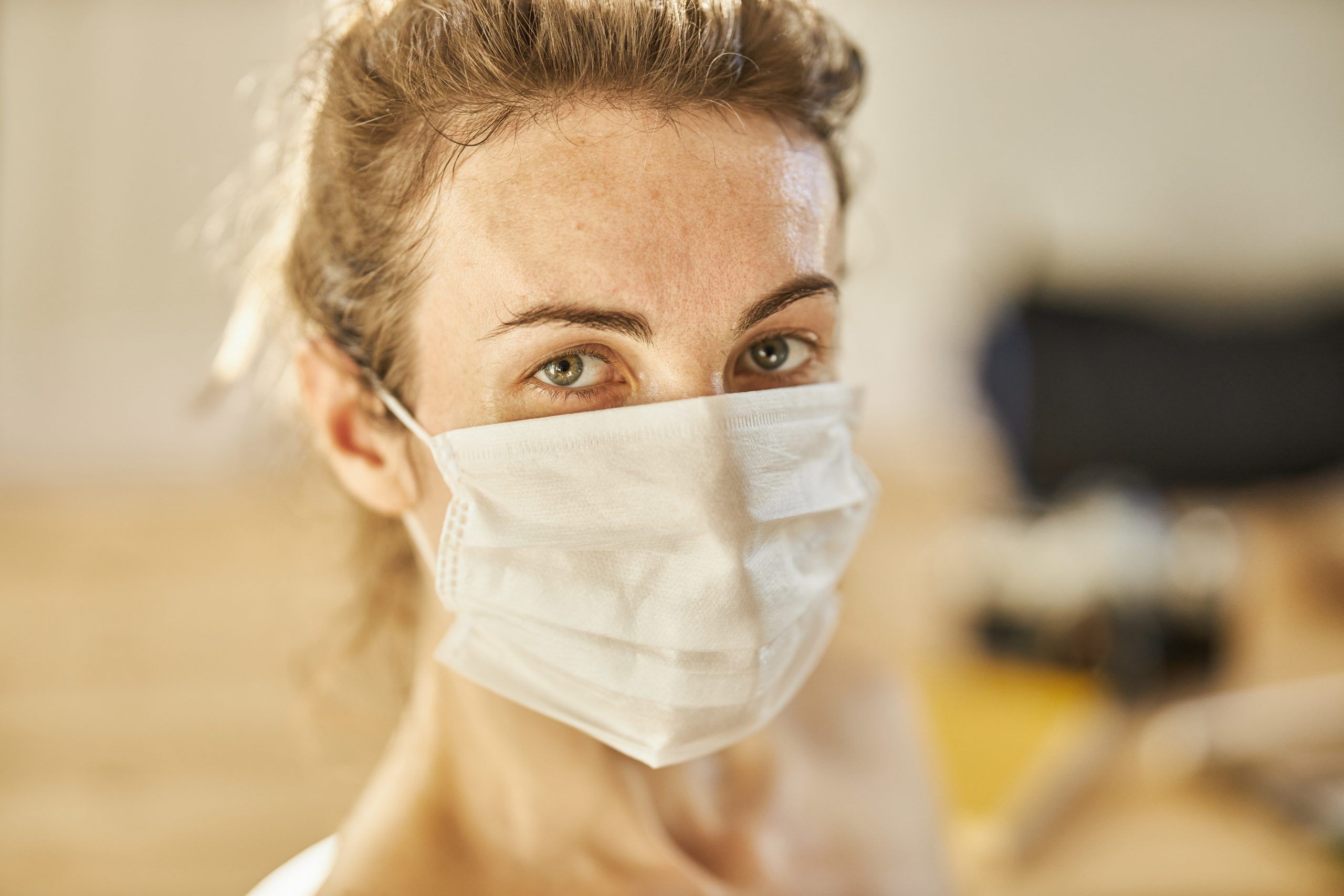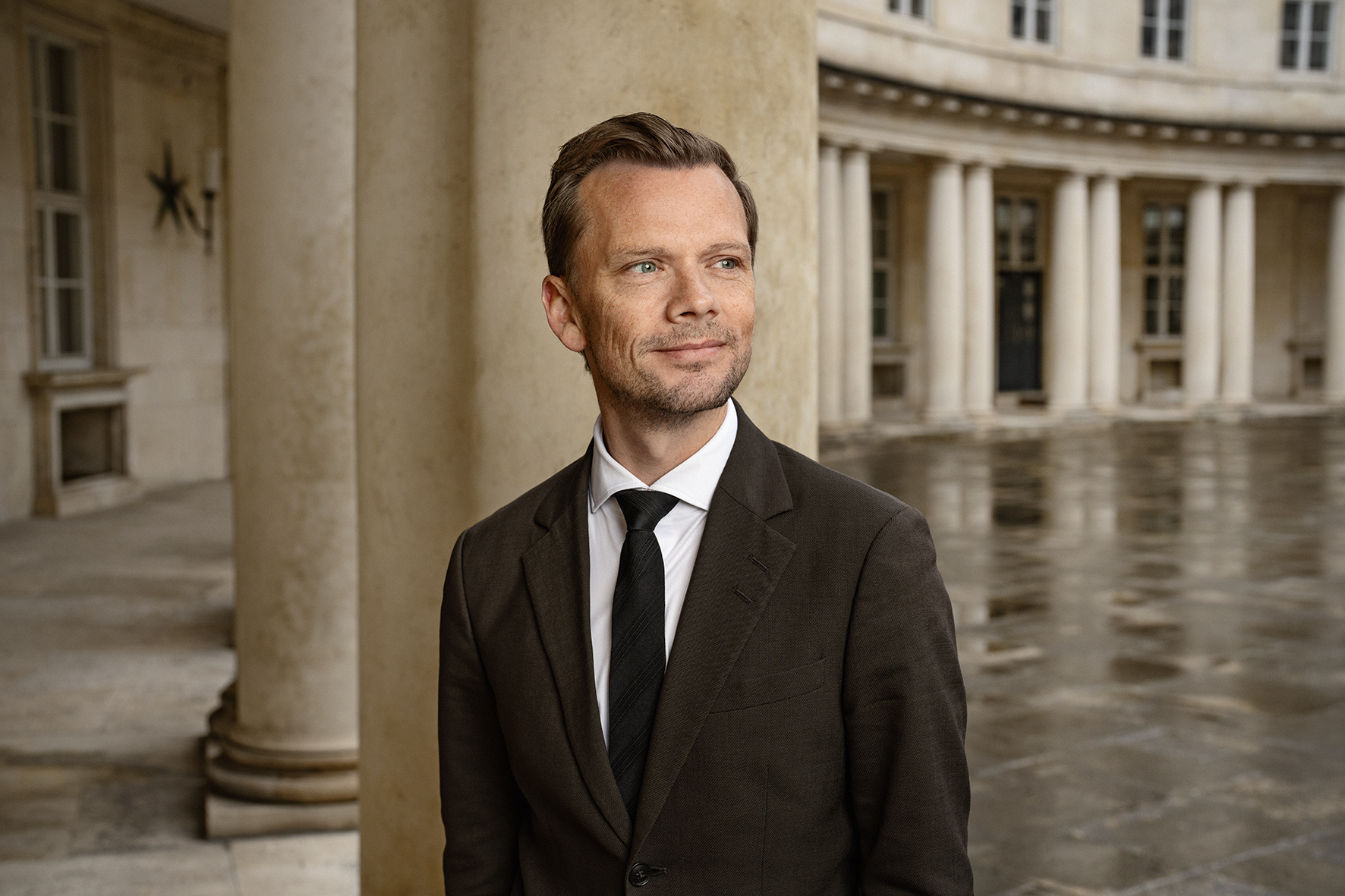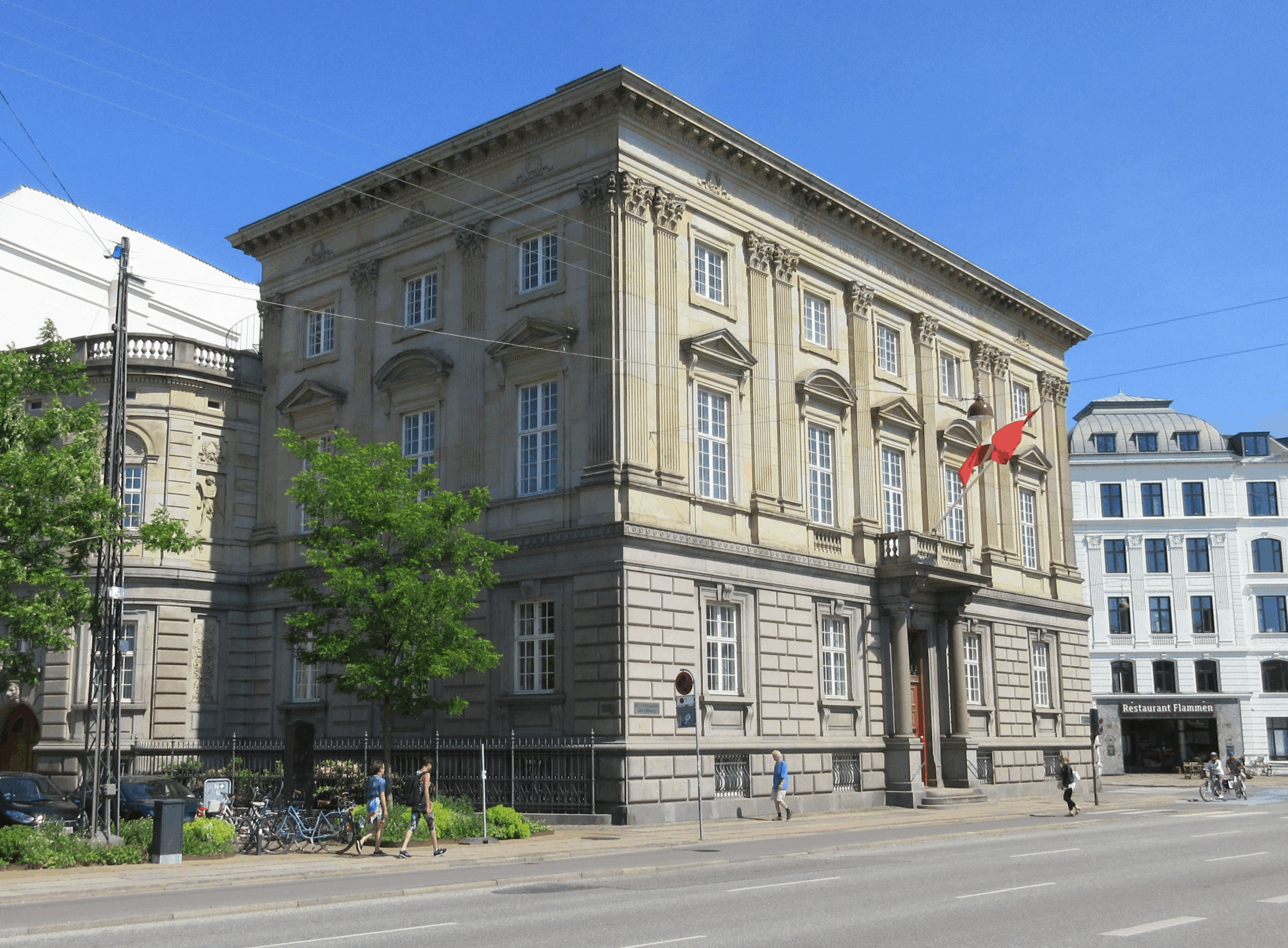The National Board of Health, Sundhedsstyrelsen, now recommends using face masks in congested public transport such as tightly packed buses, trains and ferries to avoid the spread of the coronavirus.
The board on Friday said that there could be more minor outbreaks or a rapid increase in coronavirus infections in the near future as people return from vacation and jobs and classes resume.
The board’s director, Søren Brostrøm, said that congestion in public transport may make it hard to keep distance from others, especially during rush hour.
“That is why we now recommend that you take a mask with you in your bag in those situations, and put it on if it is difficult to keep your distance,” said Brostrøm.
Increased use of public transport
Friday’s announcement expands the board’s recommendations on the use of face masks whose use is so far not required in Denmark unlike in other countries.
Brostrøm said that authorities made the new recommendation because they saw an increase in the use of public transport in line with the gradual reopening of society following the lockdown imposed in March.
“We expect a further increase in the use of public transport as the holiday ends and the reopening enters phase 4,” Brostrøm said.
Buy masks for household
The board advised people to buy masks for the household so that they have them on hand in case of special situations where their use is recommended. It stressed that using masks does not replace other precautions such as handwashing and maintaining proper hygiene.
Brostrøm said that the board was closely monitoring the spread of infection and will see whether the recommendation to use masks will be extended to shopping malls, meeting places and other venues.
He added that it was important not just to use masks when necessary but also to know which masks to use and how to wear them correctly. The government will release information on these in the coming weeks to guide the public.
Low infection level
Despite the announcement, the board said that the current rate of infection is at a “low level” in Denmark.
“There are no clear signs of a significant increase or certain geographical areas with many cases of infection over a longer period of time,” the board said.
Read the recommendation here in Danish.













